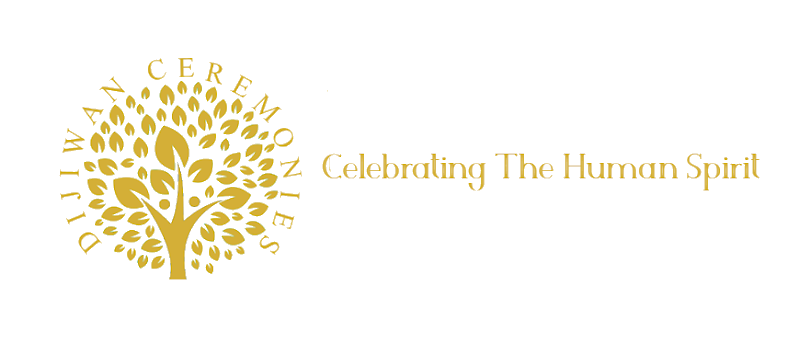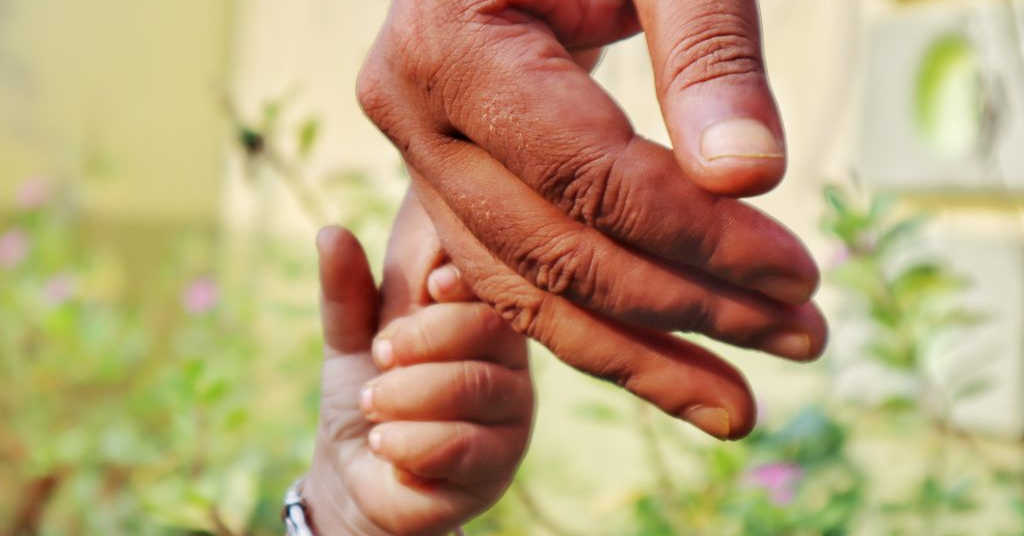Receiving Our Children
It is said that we enter this world with nothing. I don't find this to be true.
When a child enters the world, she carries the genetic heritage of generations before her. Much of who she will become is encoded into her DNA. She is, in fact, another connection in a long line going back unfathomable ages. There is a very real sense in which she has always been part of this world.
In happy circumstances, children are also born into families who will love them, or are soon adopted into families who will do so. They enter this world as part of the human family in the most universal sense, and specifically to particular parents. They inherit our care and attention, as well as the good and not-so-good legacies of their families and of our species.
My daughter was born three years before I ever met her mother. We share no genetic connection, but from age four on she has known me as her father. A few years ago, when she was 21, we made official what had been deeply known by both of us for many years, and I adopted her.
On the other hand, I was there as my son was taken into the nursery at the hospital, and I hovered over him and his mother, barely wanting to leave the hospital to run necessary errands. The moment I saw him I recognized my family in his face.
Each of my children is bound as tightly to my heart as the other. Genetics are important, but what prevails over all is the enduring commitment of love. Both share in the heritage that I have given them, and both have my undying support.
When children are born to us we often celebrate it in various ways. Before birth there can be a gender reveal (although frankly this can be problematic) and a baby shower. After the baby has arrived, in many religious traditions there is another recognition, perhaps christening, circumcision, or another rite.
What about children who come into our families in other ways? Adoption is a familiar alternative path, and so is that taken by step-children in blended families. Maybe grandparents or other family members take on the role of guardians. However love makes a family, it should be honored. In these circumstances, it can be a welcome thing to express the specialness of this reality through a ceremony to welcome the child, or else simply affirm their place in the family.
Truly children are a gift, and in turn they are heirs of biology and of legacy. Let us receive them in ways that demonstrate the wealth of all that they bring with them, and have available in the families that love them.

